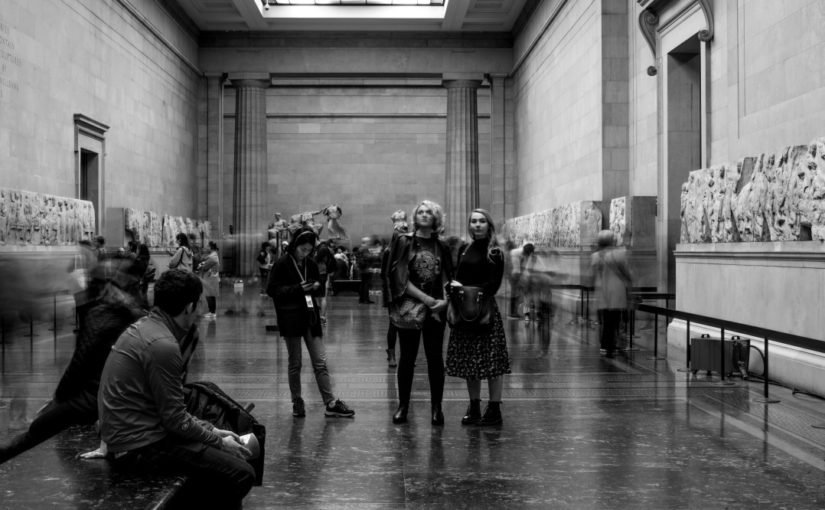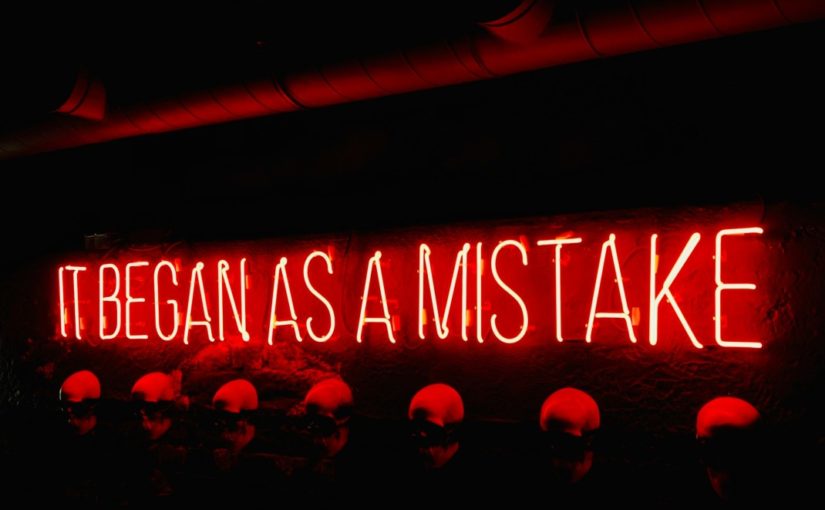Today’s quote comes from K. Pattabbi Jois: ‘Everyone can practise yoga as long as they can breathe.’
I would like to look at this quote in a figurative sense. The origin of the word yoga lies in Indian Sanskrit and can be translated as ‘unity, harmony’. Yoga harmonises body, mind and soul. This creates unity and connectedness, as well as a stronger awareness.
Achieving harmony within oneself is thus the aim of yoga. Harmony can be attained by understanding oneself, recognizing personal values, and acknowledging that every person has equal worth as a human being, regardless of any other factors. Each of us is unique and irreplaceable. The art lies in recognizing this and reaffirming it time and again. No matter the setbacks and twists of fate one encounters, no matter how often one must traverse valleys or deserts, the crucial thing is to never lose hope of discovering an oasis in the desert or reaching the mountain peak once more.
Your worth as a human being is constant, no matter the situation you’re in. My grandmother would say, ‚The sun will shine on your bread roll once more.‘ Pursuing and cultivating harmony in life is a lifelong endeavour. A glance at nature suffices to see this; life there is generally harmonious within a healthy ecosystem. External factors can disrupt this harmony, but if left to its own devices, nature will naturally regain balance. However, if it’s severely disrupted, a bit of assistance may be required to restore harmony.
Individuals can extend support to one another, fostering harmony and living harmoniously. This act of kindness is not bound by age.









